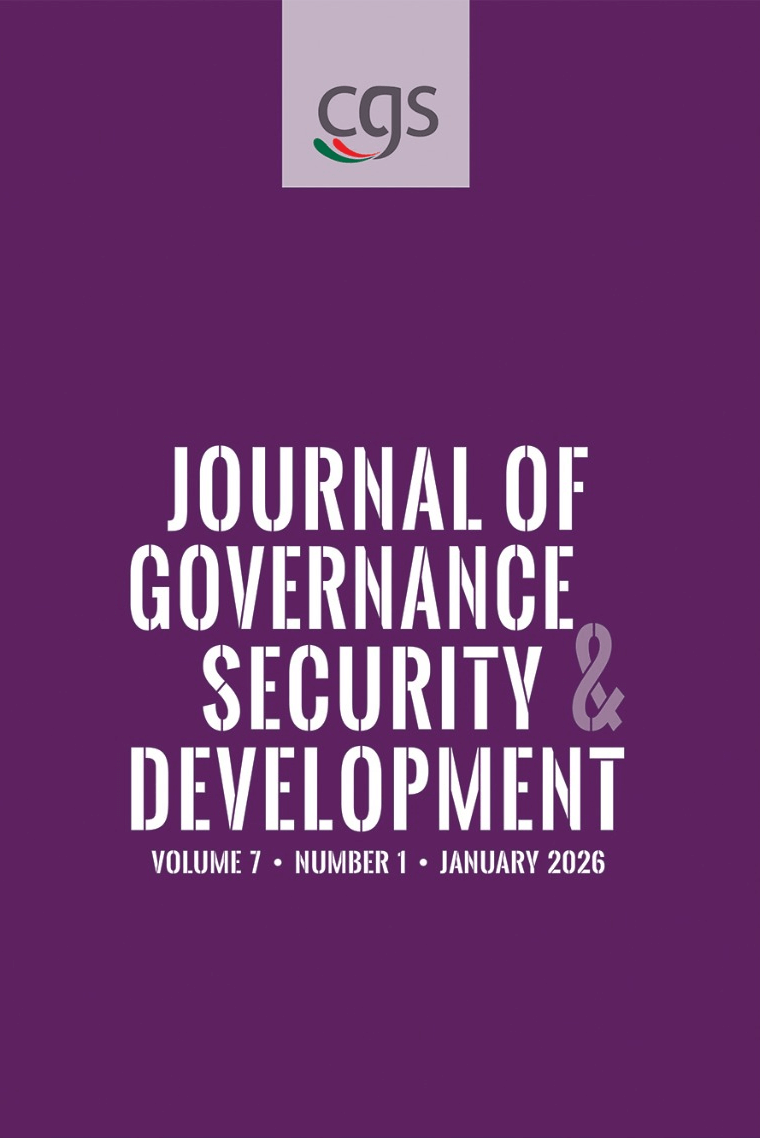Journal Abstract
Volume 5 | Number 2
Online Version: ISSN No: 2708-2490
Print Version: ISSN No: 2709-0590
Price: BDT: 750.00, USD: 25.00
Publish Date: 01, January 2025
Article:
Mostakim Bin Motaher & Md. Farhan Intisher Khaled
Abstract
The Indo-Pacific Strategy (IPS) has been a key US foreign policy goal during the 2010s. The strategy has evolved from a traditional 'Island Chain Strategy' to a more comprehensive approach that is grounded in security and values. Given Trump's explicitly hostile economic and security approach against China, the IPS has become more important than ever. This article examines the concept and development of the IPS under President Barack Obama, Donald Trump, and Joe Biden, and its probable evolution under Trump 2.0. It examines what Indo-Pacific nations expect from this policy and its implications under Trump. The IPS is a strategic asset for the US and its regional allies, including Japan, South Korea, the Philippines, and Australia. The results suggest that the IPS's mission has always been to build strong alliances based on democratic ideals, guarantee freedom of passage, and discourage regional dangers like Chinese and North Korean aggression (Grossman, 2024). The analysis concludes, based on political occurrences and pertinent data, that a second Trump administration may not change the IPS considerably. Trump may escalate his economic policies on China. The study concludes with policy recommendations to improve the IPS under Trump 2.0, including improved economic engagement with South and Southeast Asia, sustaining defense partnerships with Japan and South Korea, and addressing Pacific Island nations' environmental and developmental needs.


